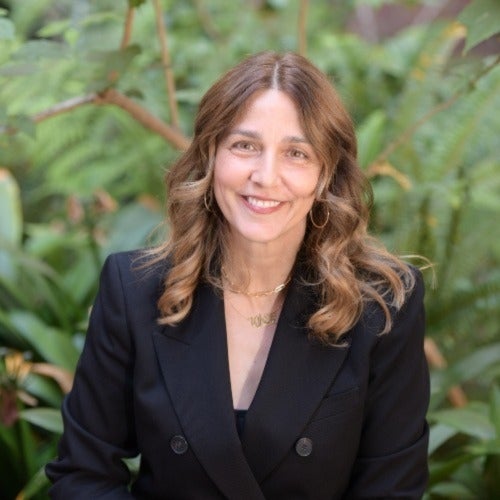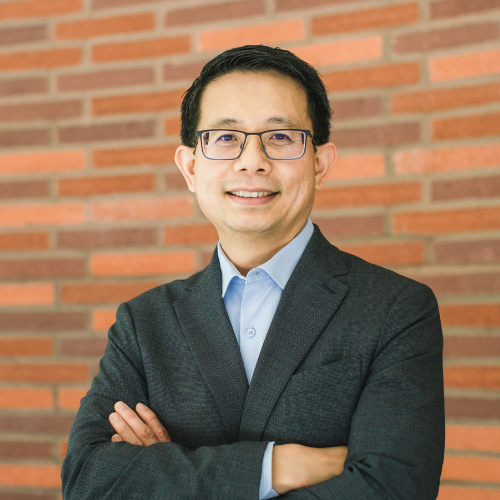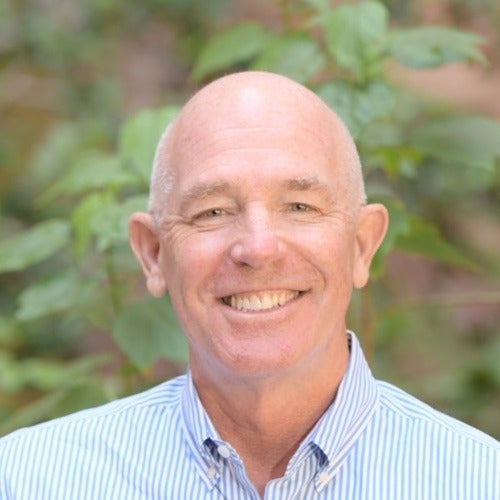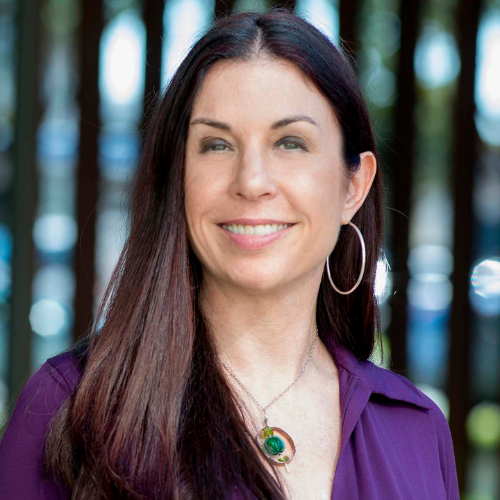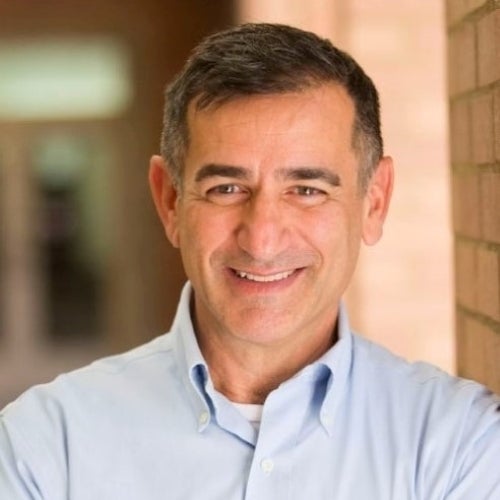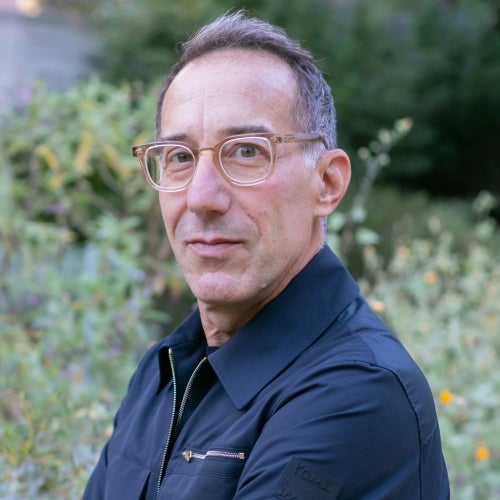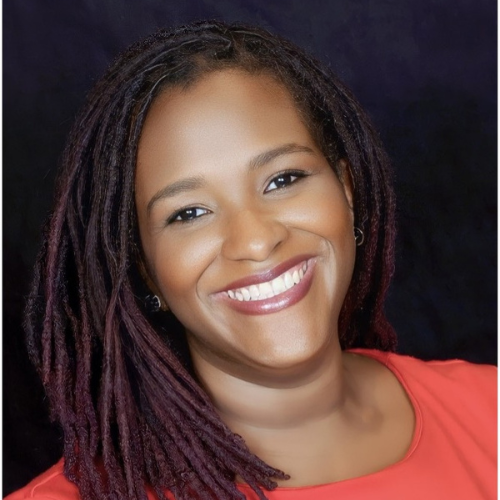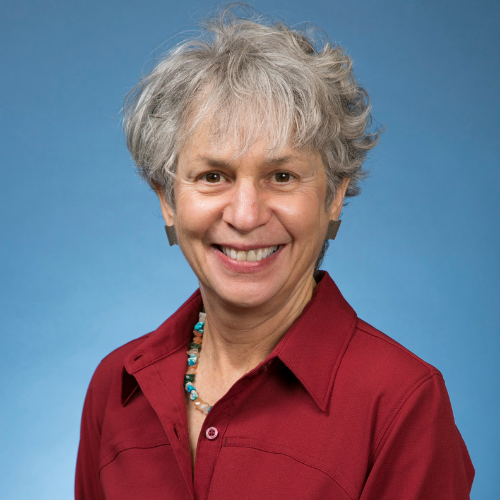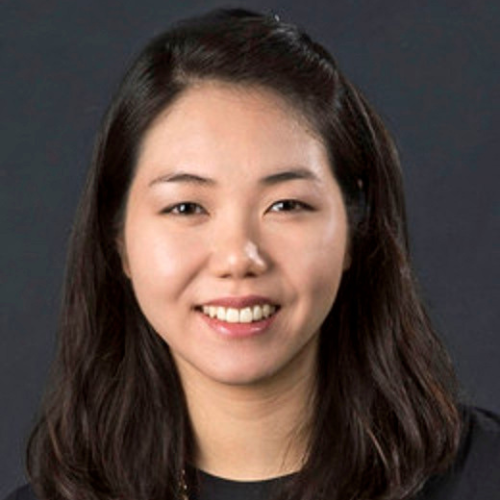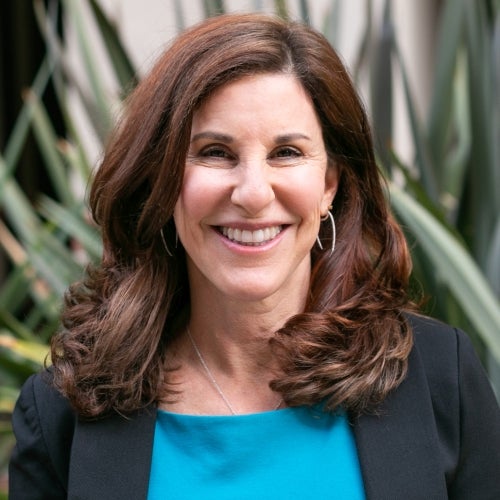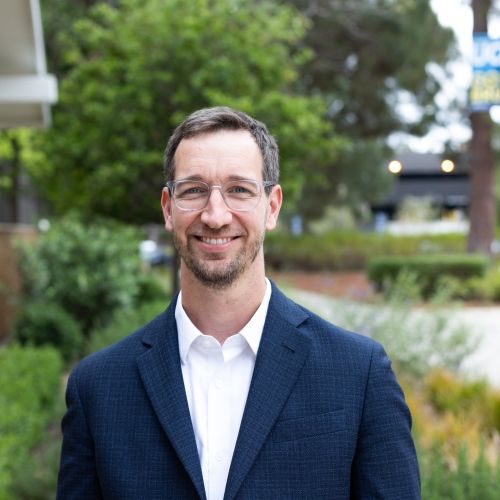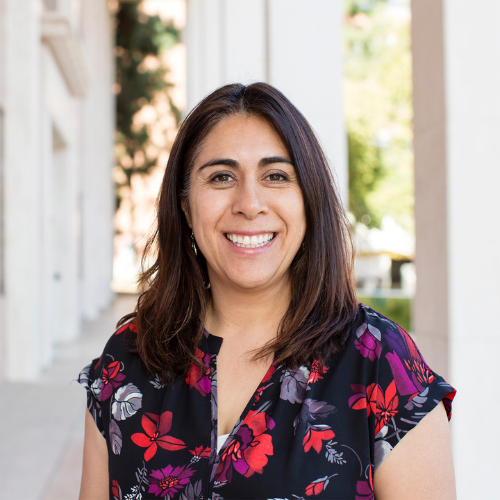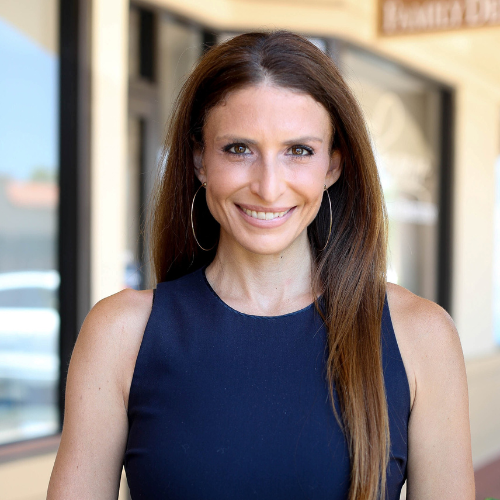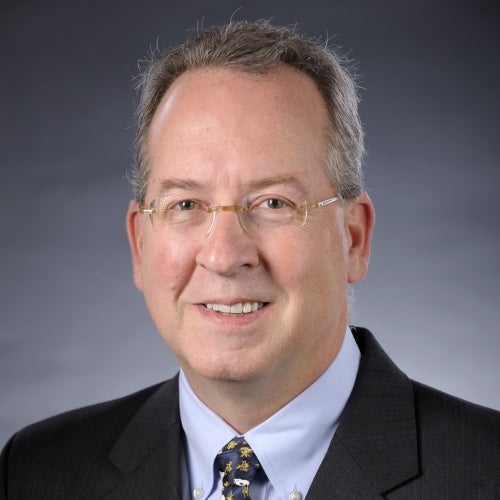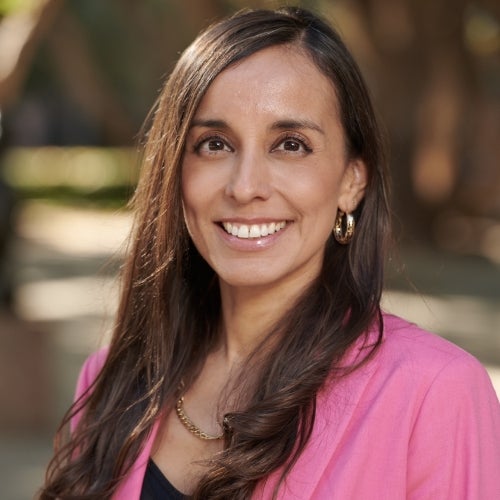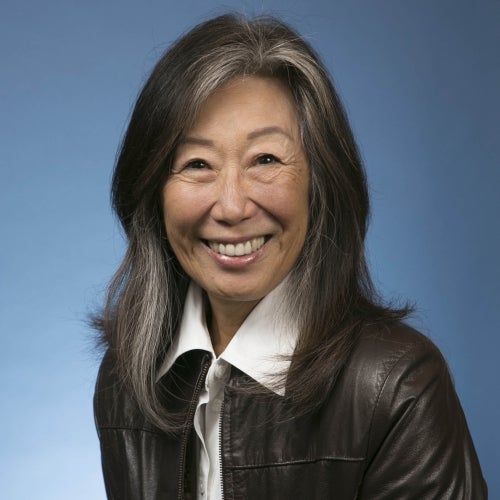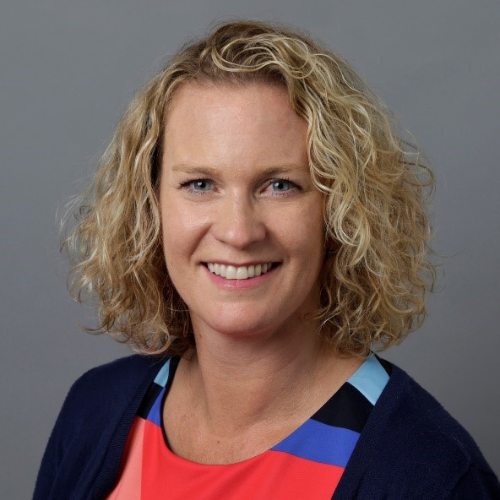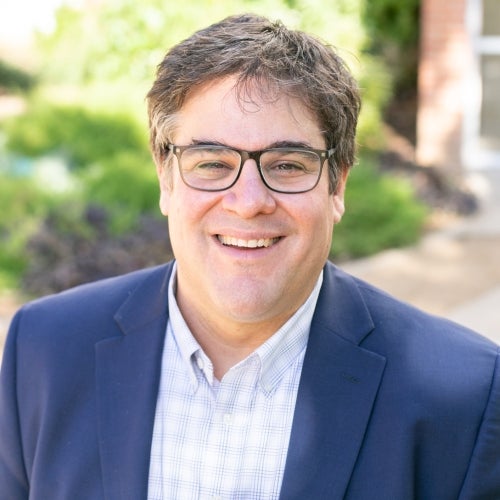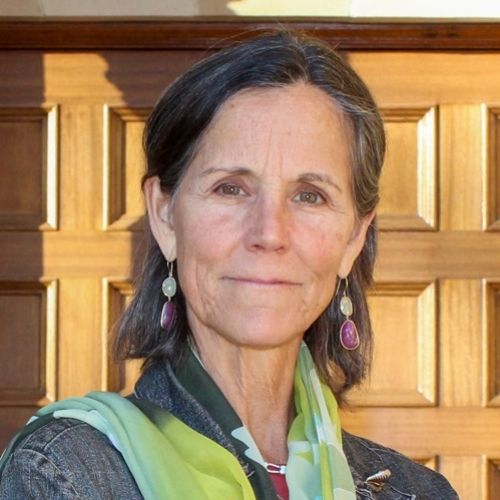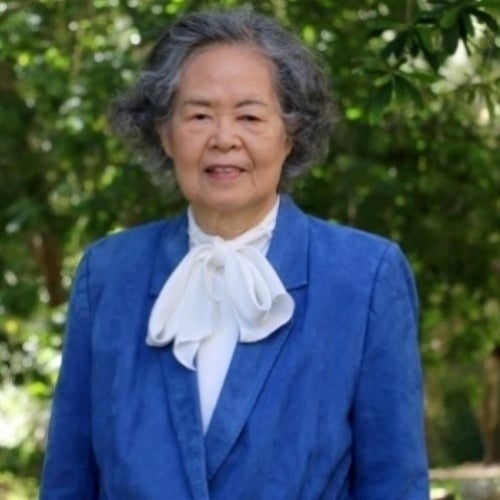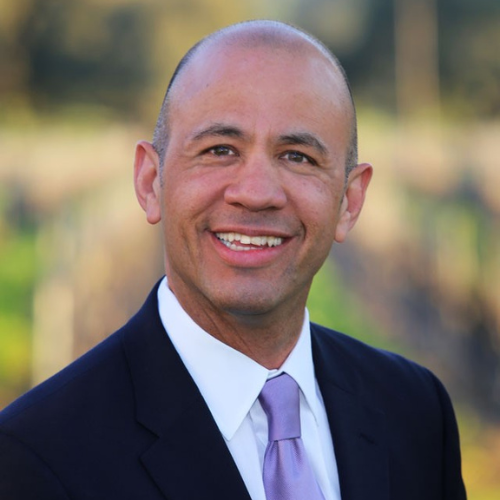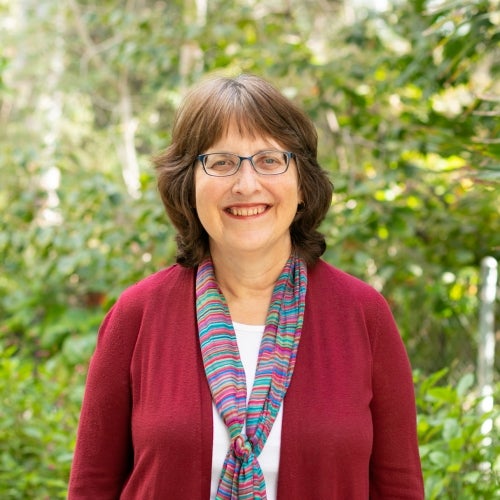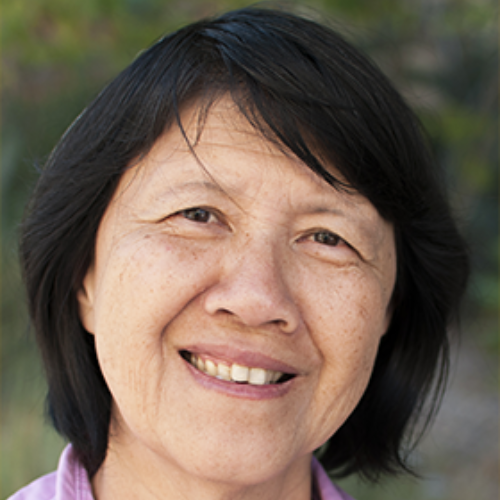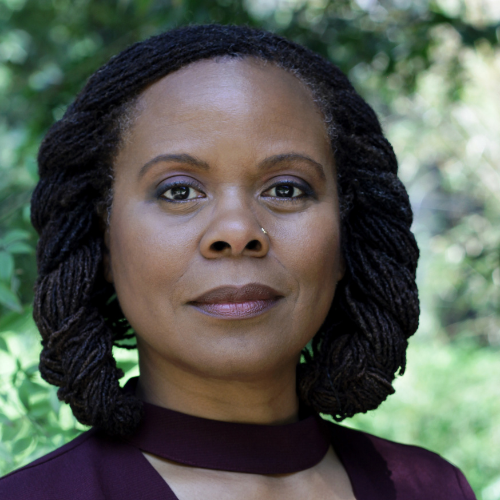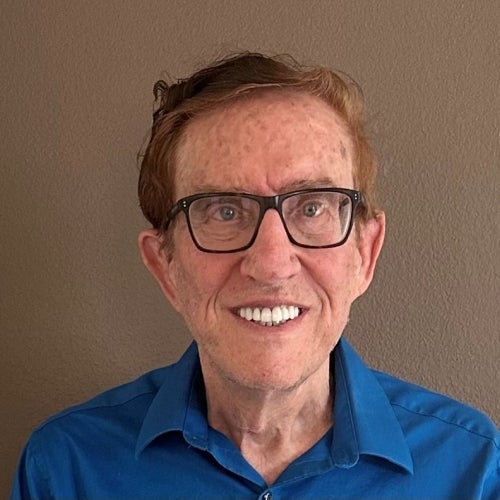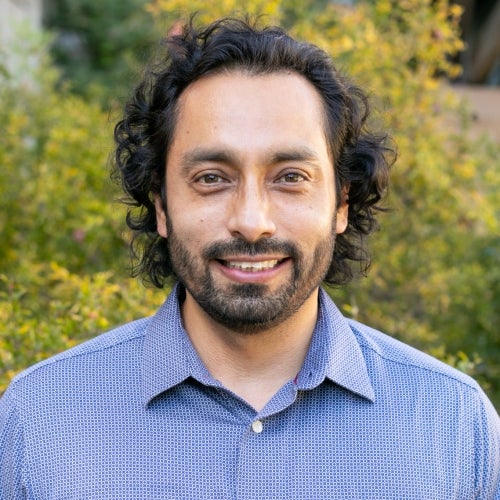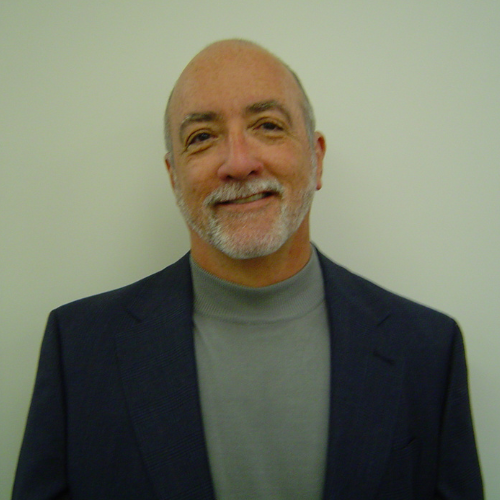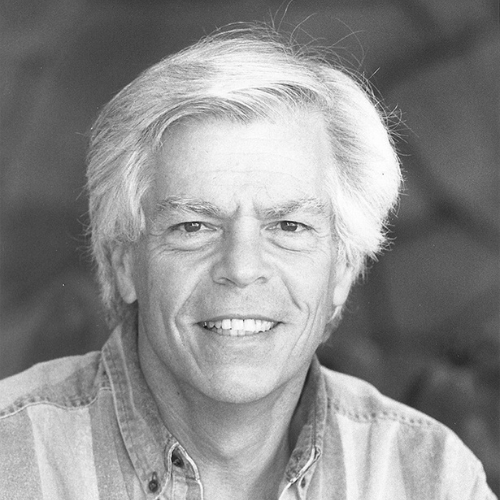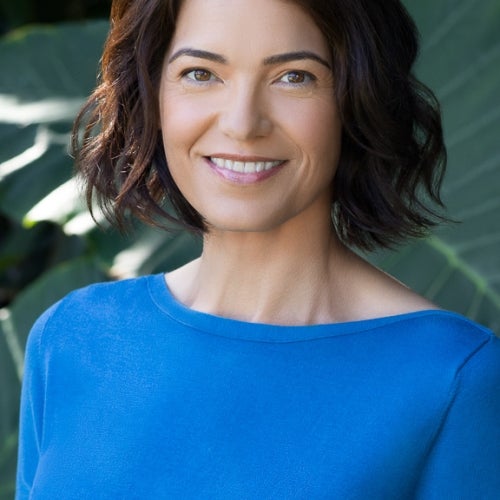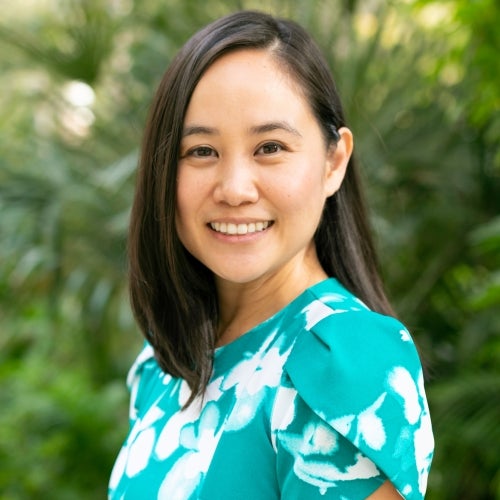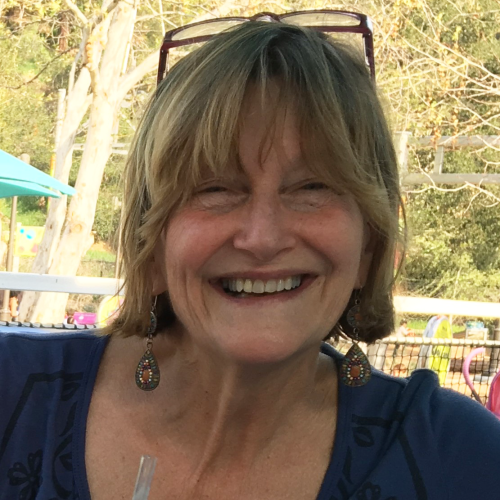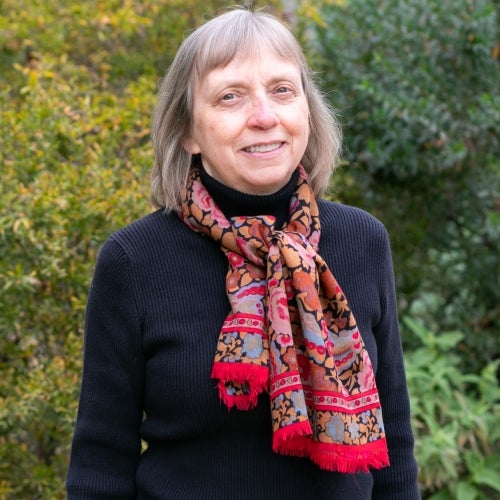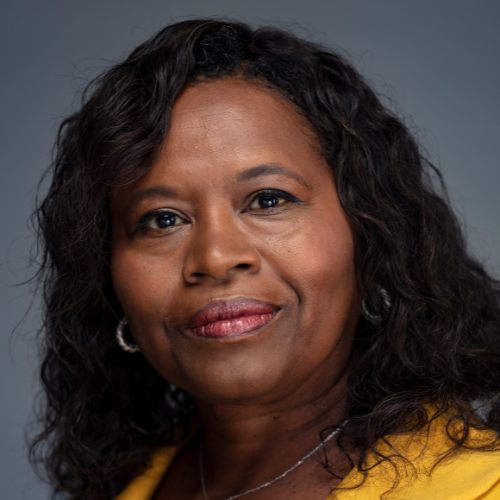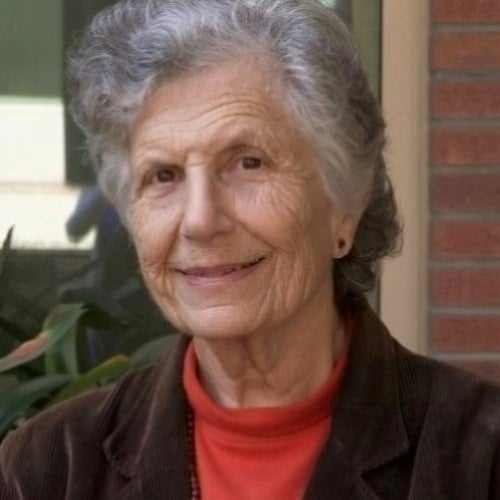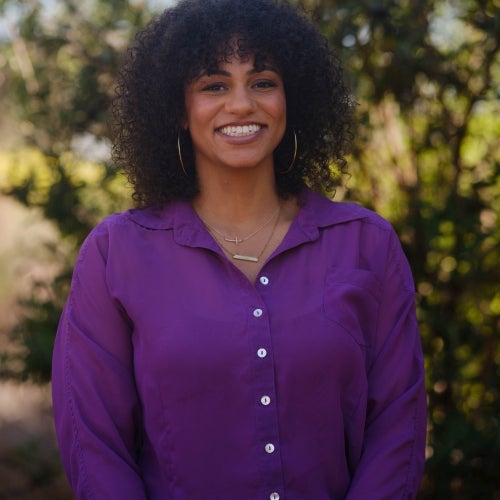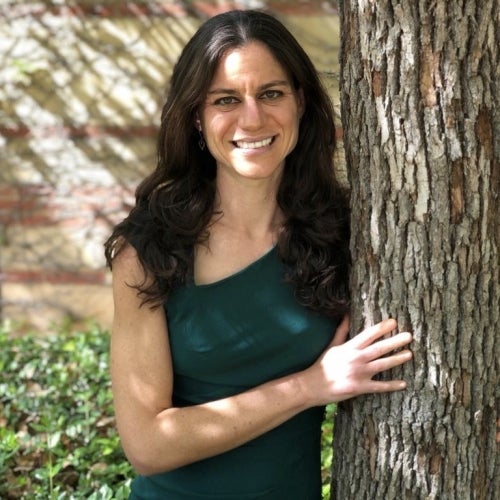Fielding School Training
Alina Dorian, FSPH's new associate dean for public health practice, discusses how training efforts at the school prepare students for successful careers in public health.
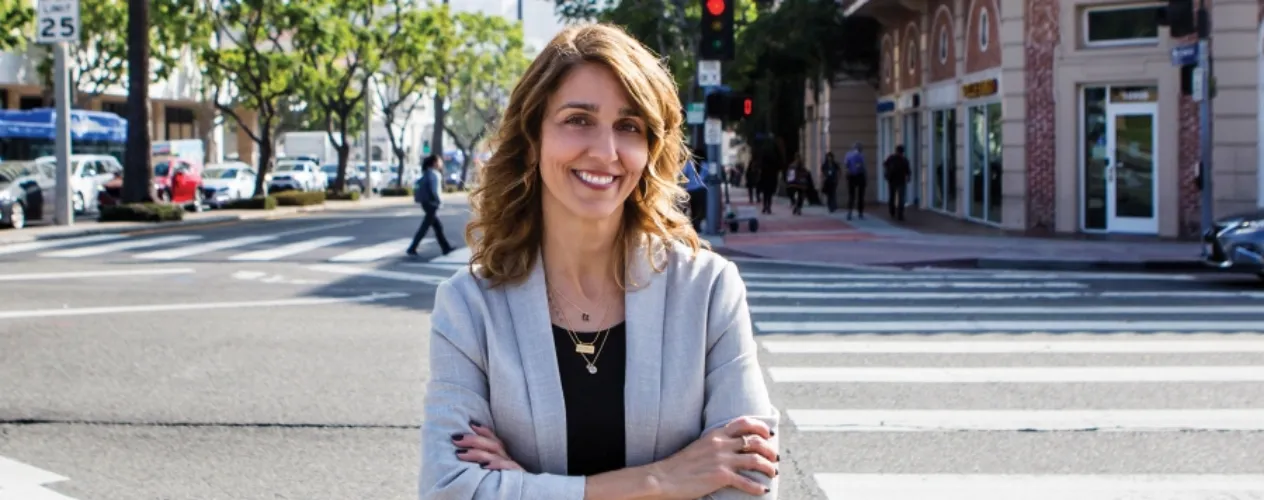
AS AN EXPERT ON THE ROLE OF PUBLIC HEALTH SYSTEMS in planning for and responding to public health emergencies, Dr. Alina Dorian has provided training, education and technical assistance to state and local health departments in the U.S., and has managed projects and led response teams following natural disasters and during complex emergencies around the world. In her new role as FSPH’s associate dean for public health practice, Dorian is ensuring that Fielding School graduates are prepared to thrive in the public health workforce. Through her holistic approach to practice, she focuses on the student experience, providing opportunities to help students and alumni grow professionally. Dorian, an adjunct assistant professor in the Fielding School’s Department of Community Health Sciences, spoke with FSPH’s Public Health Magazine on her approach to training at the school.
Q: What is the role of training in public health education?
A: Training is a form of education that is typically about building competencies — allowing students to put into practice what they’ve been learning in formal classroom settings. It helps our students build their identities as public health professionals and creates a launching point for their successful careers. Training doesn’t end when students get their degrees. It involves lifelong learning, constantly adding to one’s knowledge base. I view training as the opportunity for additional empowerment — power in the ability to make the right decisions, so that, in turn, we empower the communities we work with. At the Fielding School, our training programs and opportunities focus on adding expertise and competencies not only for our students, but also for faculty, as well as for alumni who come back for these opportunities and programs.
Q: So in a sense, training is a bridge between public health knowledge and public health practice?
A: That’s right. Public health practice involves putting into the world the evidence base that we’ve been able to gather through research. Public health is an art as well as a science. The science of public health includes research, but in public health practice there is also art. Our job as public health practitioners is to help mold that science into the art of empowering and collaborating with communities for better health. That’s why one of the most important things we do in our training programs is to teach the concept of working with communities and with professionals in other fields. In public health we believe in action that translates research into evidence-informed practice that makes an impact on communities. It’s not just that we want health outcomes to change; we want the process to empower the community so that those changes are sustainable.
[Training] helps our students build their identities as public health professionals and creates a launching point for their successful careers.
Q: What distinguishes the student training that takes place at the Fielding School?
A: Typically at universities, research is a top priority, and of course that’s important here as well. But it can’t be research for research’s sake. We need to be able to put the research findings into practice, then assess what’s working and what’s not, and with that understanding go back and conduct more research and then come back with better evidence-informed practices. That’s where we truly excel at the Fielding School — embracing the idea that research and practice go hand in hand, and making sure that circle continues to feed and strengthen itself. Our training is both through formal and informal programs, and takes many shapes. In all of the programs, though, we want to create leaders, advocates, scholars, connectors. More than training within a specific field or on a specific topic, we are shaping individuals who can take the skills they learn and successfully apply them at any level of public health for sustained positive change.
Q: What role do you see for Fielding School alumni and other community partners in enhancing these training efforts?
A: Our alumni and community partners are essential to the success of everything we do, because they’re often the first connection for our students as they gain practice in the real world. They are the true game changers in the field and they offer a wealth of information, resources, and guidance that cannot be taught from a textbook. Our alumni and our community partners provide invaluable opportunities and mentorship to our students. It is when knowledge and experiences are shared that our public health efforts have greater impact. That is what makes our training programs at Fielding so successful.
Q: What continues to stick with you from your own training?
A: For me, the most important part was being tossed out into the field with amazing mentors who, in a sense, held my hand from afar. That trial by fire while knowing you have people behind you is very important in the practice world. You have to get your hands dirty, your feet wet. You have to be out there doing and experiencing public health. You need to know what you know, learn what you don’t know, and be capable of applying that knowledge in whatever future situation you find yourself in. I was fortunate to receive that kind of hands-on training, and it continues to inform all of my public health work.
Faculty Referenced by this Article
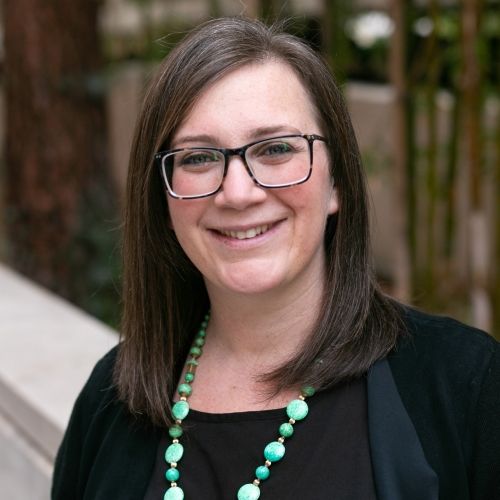
Director of Field Studies and Applied Professional Training

Robert J. Kim-Farley, MD, MPH, is a Professor-in-Residence with joint appointments in the Departments of Epidemiology and Community Health Sciences

Professor of Community Health Sciences & Health Policy and Management, and Associate Dean for Research
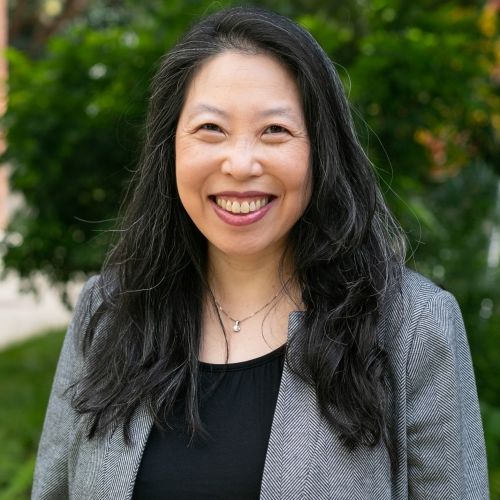
Assistant Dean for Research & Adjunct Associate Professor of Community Health Sciences
